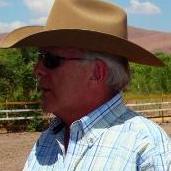The Lincoln Hypothesis
-
Recently Browsing 0 members
- No registered users viewing this page.
-
Similar Content
-
Hypothetical Holiday Inn Missionary Work 1 2
By nuclearfuels,
- missionary work
- book of mormon
- (and 2 more)
- 29 replies
- 581 views
-
- 111 replies
- 5,193 views
-
- 242 replies
- 11,683 views
-
- 12 replies
- 950 views
-
Visions in a Seer Stone: Joseph Smith and the Making of the Book of Mormon by Dr. William L. Davis 1 2
By Fair Dinkum,
- 38 replies
- 2,151 views
-






Recommended Posts